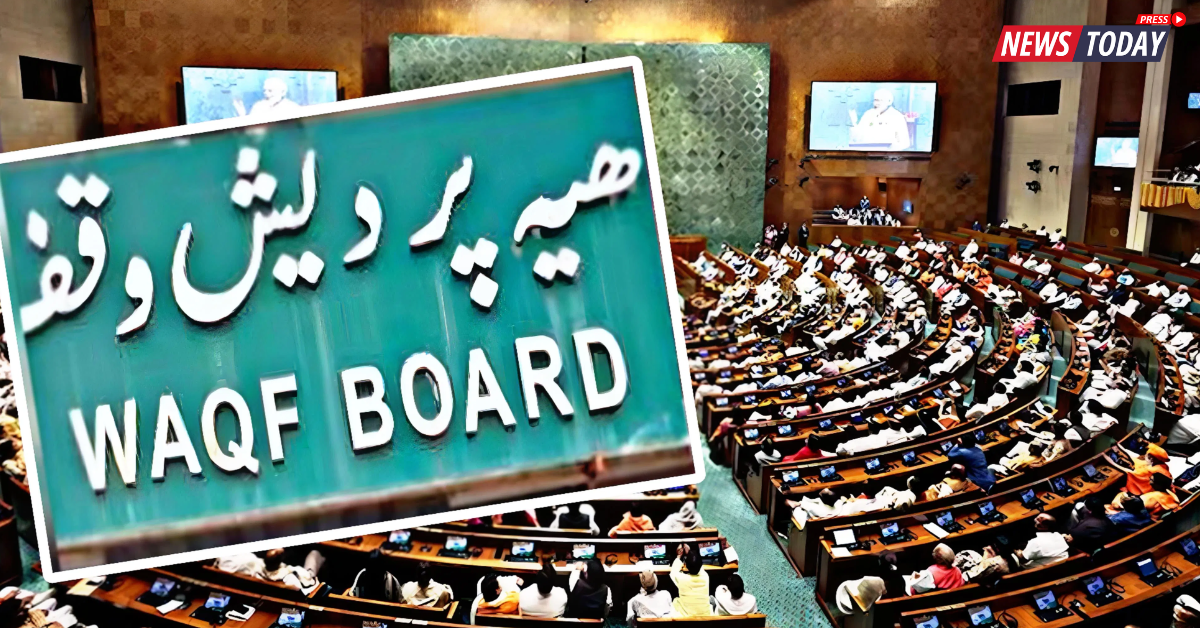The Modi-led government is preparing to amend the Waqf Act of 1995 in the Lok Sabha, with proposed changes aiming to enhance representation and oversight within Waqf bodies. The amendments include provisions to ensure the inclusion of non-Muslims and Muslim women in central and state Waqf councils.
Key changes in the proposed amendment include:
Mandatory Registration: Waqf properties must be registered with the District Collector’s office for proper evaluation and monitoring.
Inclusivity: The Central Waqf Council and state Waqf boards will include two women each. The Central Waqf Council will also feature a diverse membership, including a Union Minister, three MPs, representatives from Muslim organizations, and legal experts.
Centralized Registration: Property registration must be done on a centralized website, with the District Collector or their deputy overseeing the survey of Waqf properties.
Appeals Process: A provision for High Court appeals within 90 days of a board’s decision.
Additionally, the new law mandates that Waqf funds be used for the welfare of widows, divorcees, and orphans, following government guidelines.
These amendments aim to modernize the 1995 Act, which was last updated in 2013, and address issues related to property management and inclusivity in Waqf bodies.






